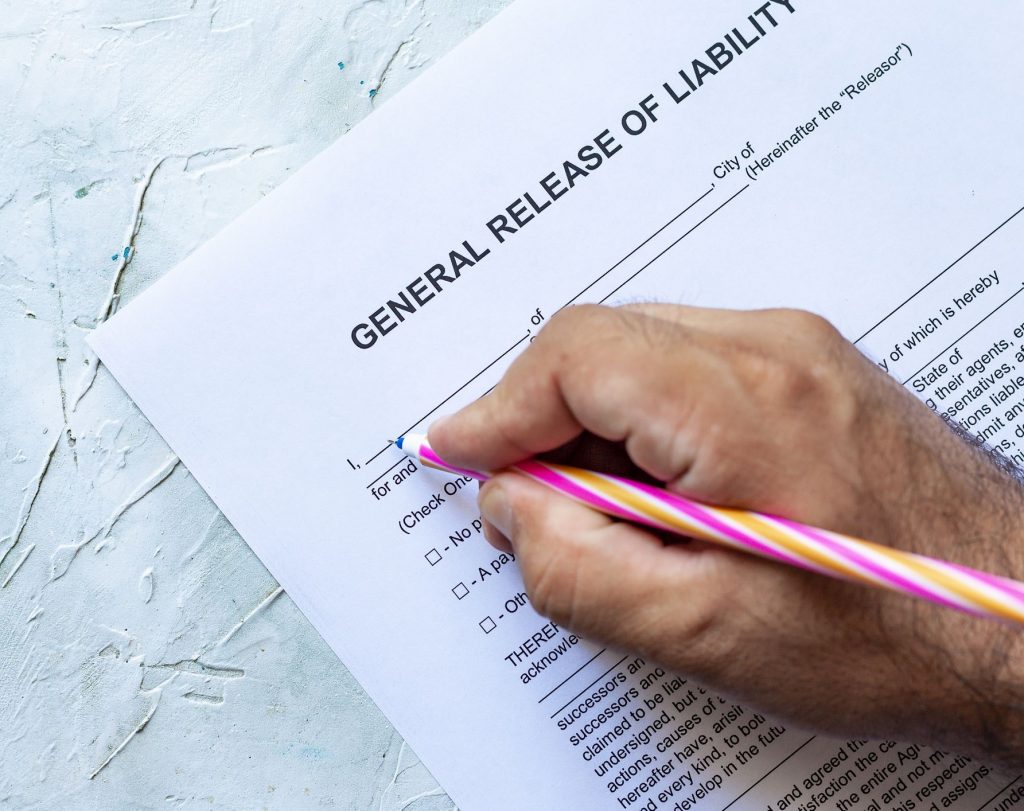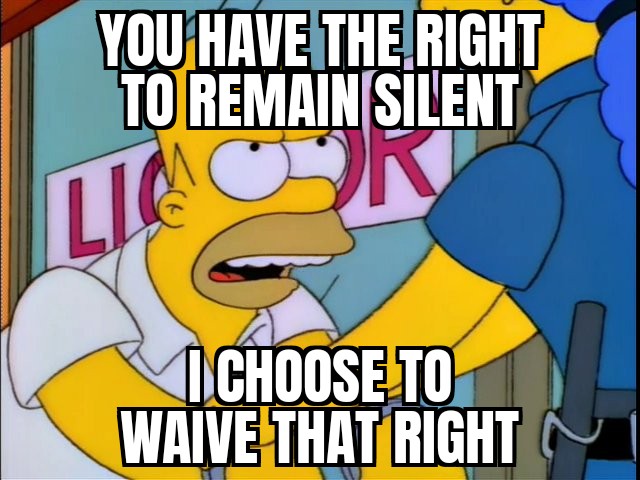It’s another round of commonly confused words. Once again we’ve got some words which look and sound the same – but are not to be confused! We’ve got five up for grabs here, including Formally and Formerly and Gentleman and Gentlemen.
Contents:
- Formally and Formerly
- Gentleman and Gentlemen
- Principal and Principle
- Wave and Waive
- Council and Counsel
Formally and Formerly
I wouldn’t blame you if you got confused between these two. They both sound exactly the same. In speaking, you could easily get away with it. Before I knew the difference, this one probably tripped me over too.
Formally relates to the word Formal. Formal is the opposite of casual. Let’s look at 2 uses of Formally:
- When you go to a wedding, you wear formal wear. So you would say you’re dressed formally.
- In these times of lockdown 2020, you’ve virtually spoken to some work colleagues but haven’t formally met them yet!
Formally: relating to Formal.
Okay so Formerly. This relates to the word Former. Former means ‘previously’ or ‘in the past’:
- Russia, formerly USSR
- The artist formerly known as Prince
- My father was formerly a stonemason, before the accident

All of these things refer to something in the past, or something that used to be the case.
So, if you get confused, look at the start of the word. Formally or Formerly. It’s that simple!
Gentleman and Gentlemen
Remember Woman and Women? Guess what? This one is exactly the same!
The confusion here is that both these words are pronounced the same, unlike man and men. But all you have to do is temporarily remove the gentle part and there’s your answer! One man or many men.
Gentleman’s club. Is that right? Let’s break this one down. Remove the gentle and you get a club for man. That doesn’t sound right. You’d be losing business if you had only one customer. So it must be a club for men – a gentlemen’s club.
The only time where the pronunciation would be different is if you were writing it as two words, e.g. ‘He was a gentle man’ and ‘They were gentle men’. This usage isn’t really common though.
One of nature’s true gentleman
This common phrase is often written incorrectly. It should say:
One of nature’s true gentlemen

While the person you’re referring to is only one man, you are saying he is one man out of many, therefore gentlemen is correct here.
Principal and Principle
These two are confused so often and you don’t need to be a rocket scientist to see why.
Principal relates to the first or the head of something, e.g. a principal rule of a club and a principal objective of a meeting. It can also refer to principal interest. You may have learned about that at school. Speaking of school, principal often refers to a principal of a school.
Let’s look at some examples:
- The Prime Minister was one of the principal guests at the party.
- If you don’t stop acting up, I’m going to send you to the principal’s office!
- The principal reason for this decision is that the company is losing money.
- The principal ran the staff meeting.
A principle is a rule, view or belief, e.g. the principles of economics or the principles of equality. You may have seen the phrase The fundamental principles of….. This refers to the key values and/or beliefs of something. If you say you have principles, it means you have strong morals.
It’s the principle of the matter! Another common expression. Maybe you’ve felt hard done by for one reason or another.
Who remembers the scene from The Castle where Sal is recounting the night she met Darryl?
And this young fella, he comes right up to me and starts chatting to me… And he asks me out. And I said, “Well, I’m on a date.” Well, he backed right off. He said he wasn’t cutting anyone’s lunch, and he wished me good night.
And I thought, “That man has principles.” And from that day on, I’ve only had eyes for one man. Hook, line and sinker. And that’s what I love about him: his principles.
And how about a quote from Pulp Fiction:
Jules, if you give that f****n’ nimrod fifteen hundred dollars, I’m gonna shoot him on general principles.
Wave and Waive
Wave has a few meanings:
- You might wave hello to a co-worker or friend.
- You might experience waves at the beach or at the local pool.
- The wind might cause flags to wave.
Waive generally means to give away or to put aside. The most common time you’ll see this is when a company waives a fee for you, e.g. maybe your insurance or mobile phone company, or even your bank waives some fees as a goodwill gesture.
In certain scenarios you might be asked to sign a waiver. Be careful of these. It means whoever is asking you to sign is waiving their rights to be responsible or liable, e.g. if you participate in a hot sauce eating competition and you sign a waiver, you can’t then sue the company hosting the competition should something bad happen to you.


Council and Counsel
Ooh. I really have saved the best till last!
Okay, so a council is a group of people who govern a community. You pay rates every year to your local council and this goes towards maintenance in your area like grass cutting, tree planting and pruning, your bin collections…. There’s probably other stuff your rates go towards as well. Other types of council might be a church council, a school council, oh and let’s not forget the Jedi Council.
Someone who is part of a council and is responsible for governing matters is a councillor.

Okay so now onto counsel. How many of you have dealt with a counsellor? Think of school. Did you have a careers counsellor? Or maybe just a general school counsellor. A counsellor is someone who gives you counsel. Advice. They listen to your issues and try to help you by giving you advice and steering you in the right direction.
Council and Counsel is a little bit like Advice and Advise in that both the s forms are the verb and both the c forms are the noun; however, as we saw above, Counsel can also act as a noun when it’s referring to advice.
Let’s look at a couple of sentences:
Anakin thanked Yoda for his wise counsel.
Yes, that sounds about right. Yoda is giving Anakin advice.
Anakin thanked Yoda for his wise council.
Unless Anakin is taking ownership of the whole Jedi Council, this would be incorrect.

